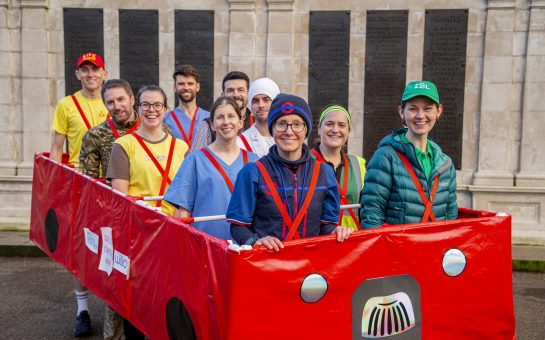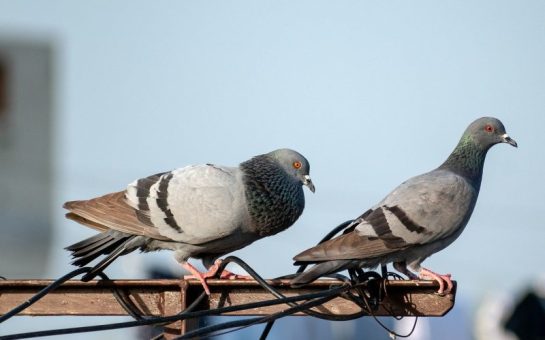An invasive breed of mussel that kills native wildlife and causes flooding has been unearthed in the River Thames at Richmond.
The Zoological Society of London’s (ZSL) annual survey of the riverbed revealed that the invasive quagga mussel, named after a species of zebra because of the striped shell, has taken residence in the river.
Quagga mussels were first discovered in the UK earlier this year during routine water quality testing in the River Wraysbury, near Staines, but have since moved downstream to Richmond, with the potential to spread further.
Joe Pecorelli, manager of the London’s Rivers project at ZSL, said: “The Thames in London is already among the most highly invaded rivers in the world so it’s sad to see yet another invasive species colonising it, especially one that has been so damaging to freshwater habitats in other countries.
“This part of the river is home to populations of rare freshwater mussel, so it’s especially concerning that the quagga’s arrival will add to the pressures that threaten their future.”
This highly invasive species, native to Eastern Europe, can’t only out compete British mussels for nutrients but they are also prolific breeders.
There’s no effective way to get rid of quagga mussels once they are established in rivers.
Denise Rowley, environment officer at the Port of London Authority, said: “Although not a threat to public health, the rapid colonisation potential of the quagga mussel means that in some locations it could smother boat hulls, clog propellers, pipes and valves.
“They may also adhere to jetties and buoys.”
Karen Harper, manager of the London Invasive Species Initiative, said: “You can help stop the spread of invasive non-native species like quagga mussel by following good biosecurity and applying Check, Clean, Dry every time you are out on our waterways.
“For quagga mussel this is especially important as the larvae are invisible to the naked eye, so you might not be able to see what you are transporting.”
The Wildfowl & Wetlands Trust’s (WWT) head of conservation policy, Jeff Knott explained that the discovery of the mussels in UK waters was alarming.
He said: “This is a worrying, but entirely predictable, development that could be devastating to British wetlands.
“Quagga mussels are likely to indirectly cause suffering and death for hundreds of thousands of native animals, fish and plants and cost millions of pounds in tax and water bills to protect drinking water supplies.
A closely related species, the zebra mussel, has already caused millions of pounds worth of damage in the US Great Lakes, where they first arrived in the late 1980s.
Featured image courtesy of , with thanks




